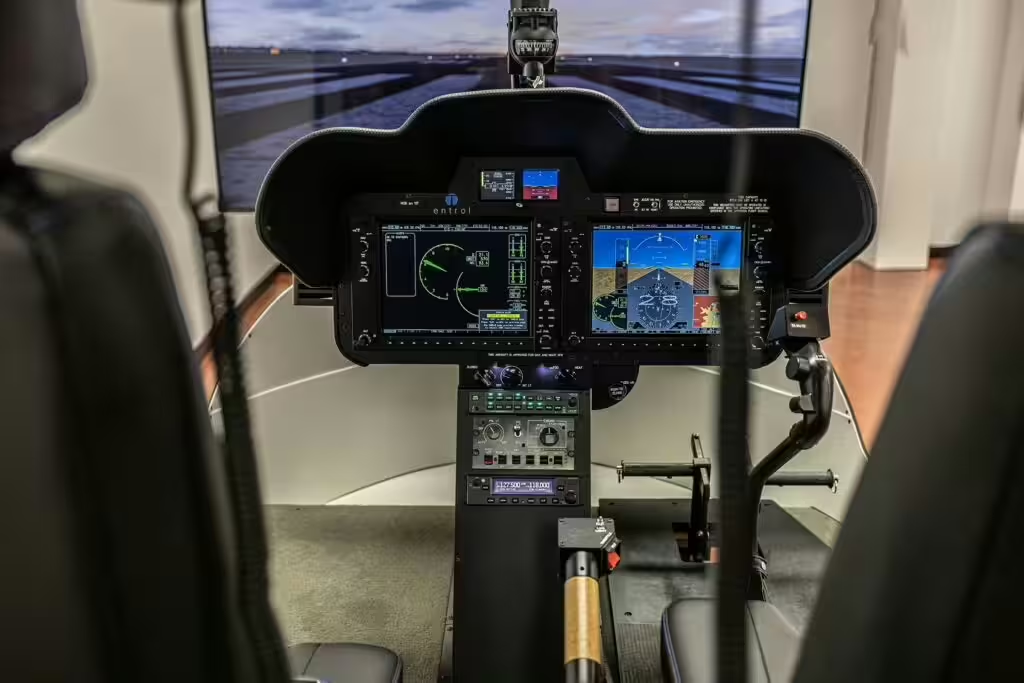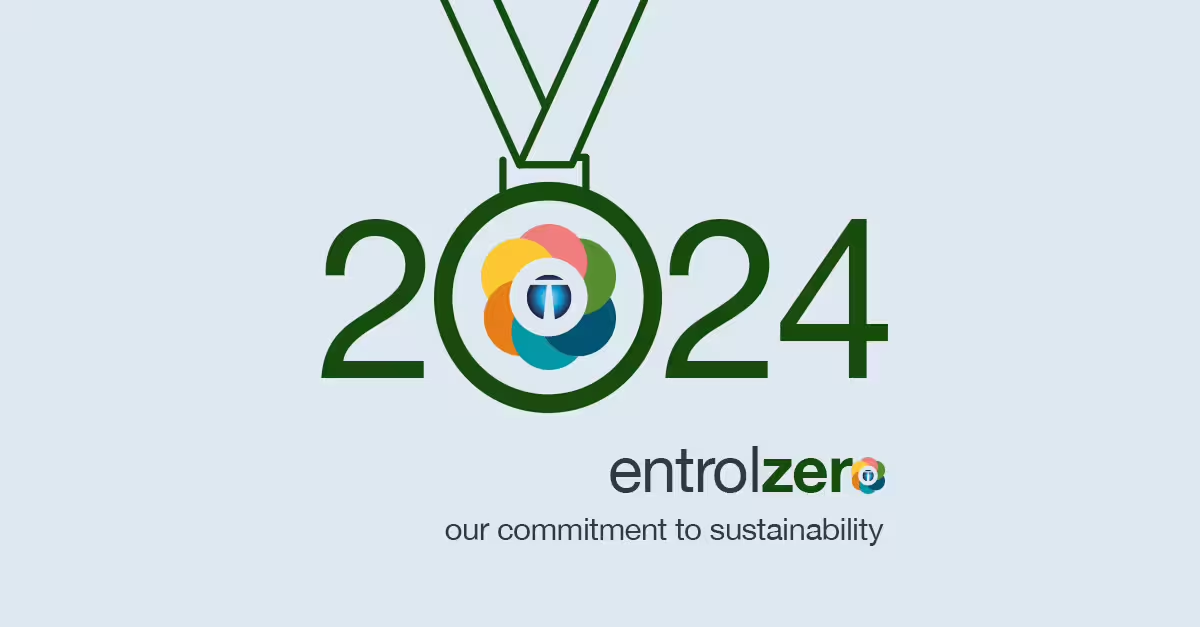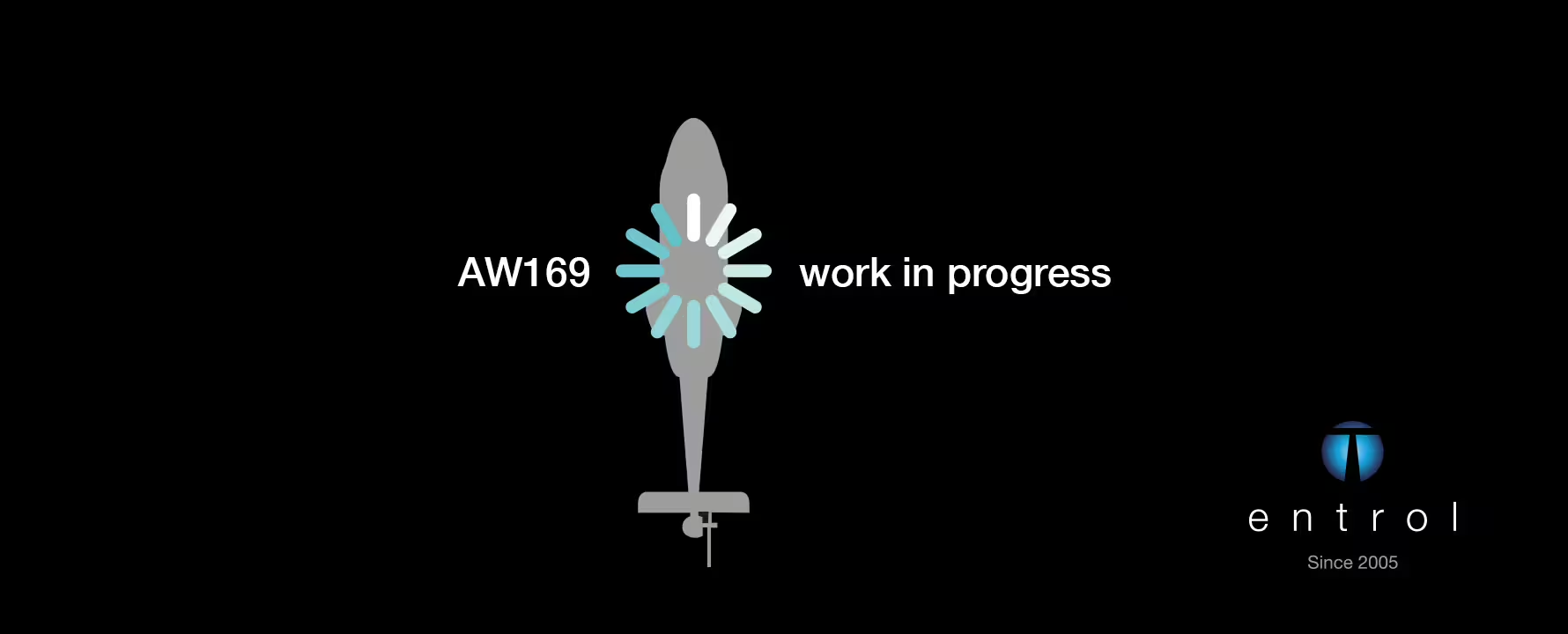The current worldwide simulator market is pushing towards FTD-quality simulators.
Throughout years of experience, we have noticed that most of the Operators and Flight Schools have yet to discover the EASA regulation regarding FTD simulators.
FTDs simulators present several advantages:
- Price proportional to helicopter cost (20%-30% of helicopter’s price)
- Optimized training budget → Increased benefits
- Reduced organizational costs:
- Allocate slots when your operation allows it → Reduce disruptions in the crew roster
- Reduce administrative burden by saving flights, hotels and travel expenses
- Same configuration in the FTD as the operator’s helicopter
- Increased operational availability of pilots
- Small footprint
- COTS elements → easier maintenance
- Environmental friendly
In Entrol, we have prepared an eBook highlighting some aspects of current EASA regulations and training credits that can be awarded to FTD simulators in different types of training.
You can download the complete eBook in the link below:
Training Credits for FTD 3 simulators
Here is a summary of the training you can provide in an FTD Level 3 simulator:
Initial courses (MCC, ATPL, IR)
- Over 30% of integrated ATPL course
- Over 70% of IR course
- 100% of the 20 hour MCC course
Type rating
- Over 50% of type rating course can be done in FTD Level 2-3 (unless otherwise foreseen in the helicopter’s OSD)
IR checks
- Each alternate IR validation can be done in an FTD Level 2-3.
Difference course
- Level “D” differences be trained and checked on an FTD Level 2-3 simulator.
Proficiency checks
The regulation states that FTDs 3 can be used for Proficiency Checks:
- That is covered through different Parts of the regulation (Part-FCL, Part-ORA, Part-ORO, Part-ARA, Part-SPA).
- Generally, the regulation mentions FSTD. That leaves it open to CAAs for interpretation.
- The regulation does not specify which part of the Proficiency Checks can be done in the FTD.
That is evaluated in combination with the following:
- FSTD capabilities
- Operator’s training syllabus
- Operator’s types of operation



